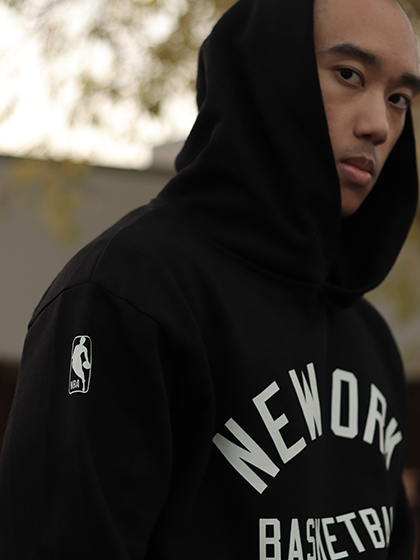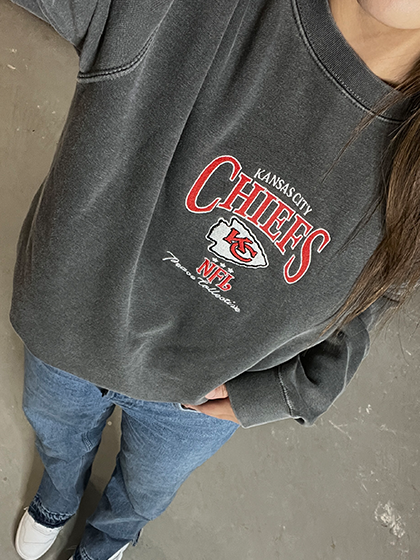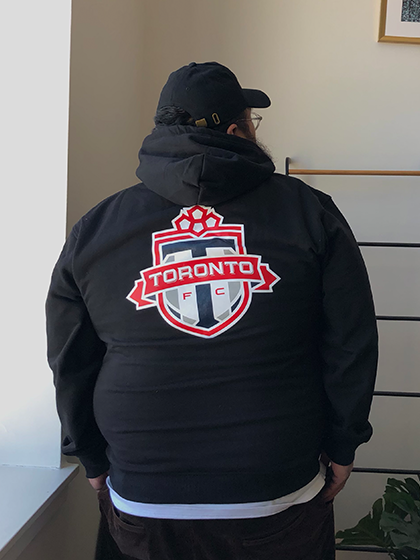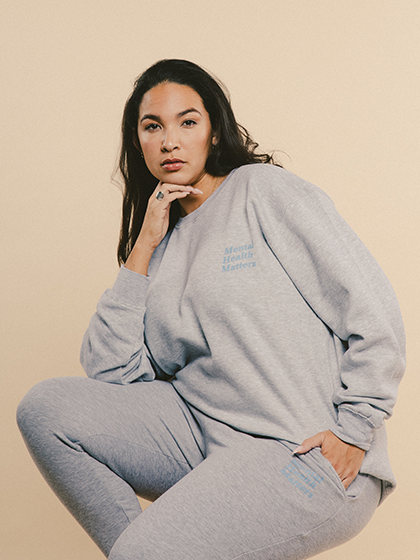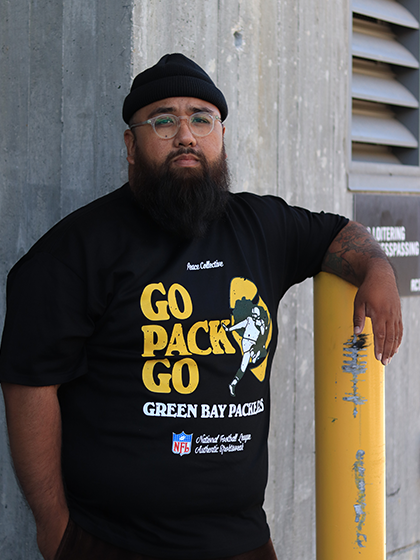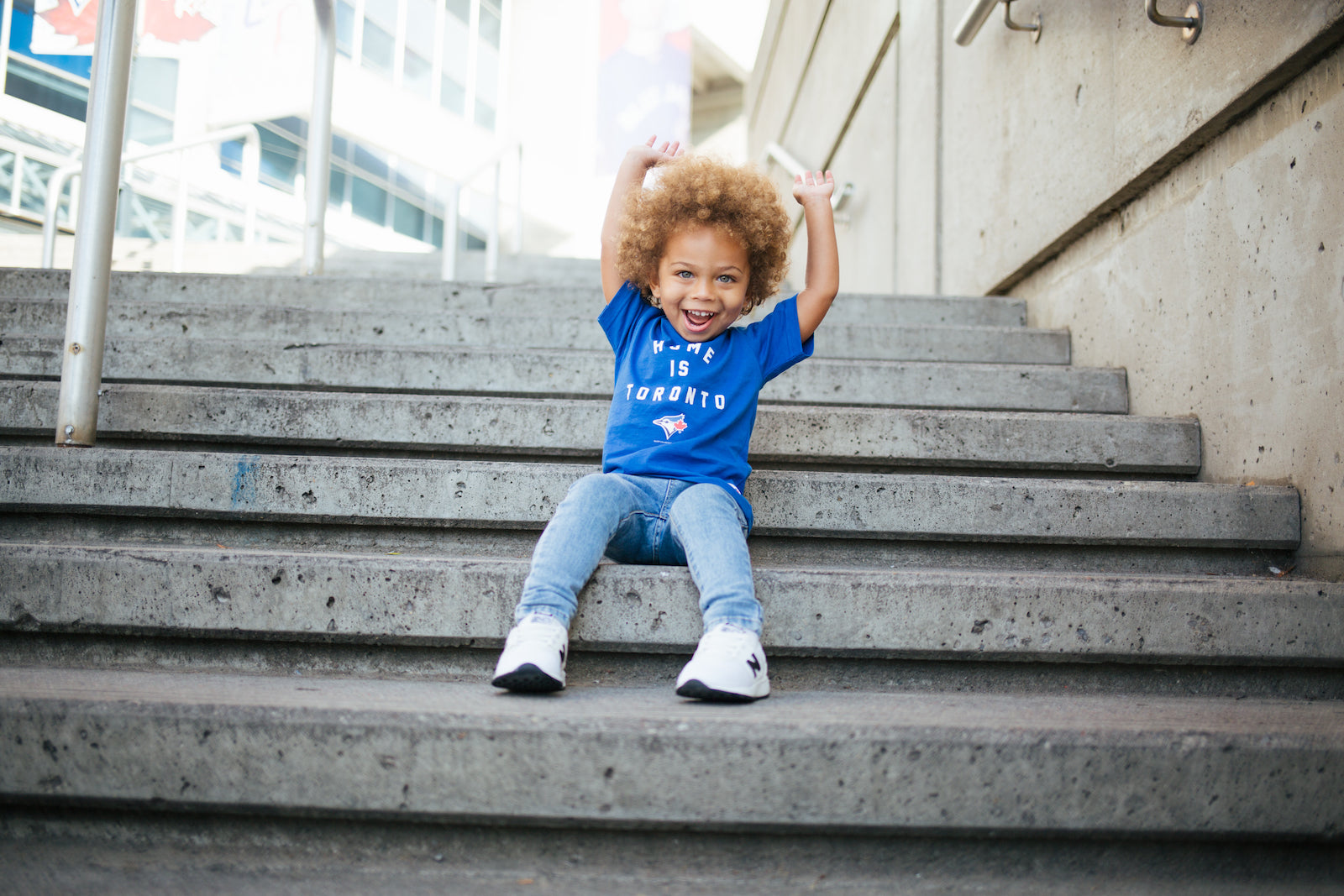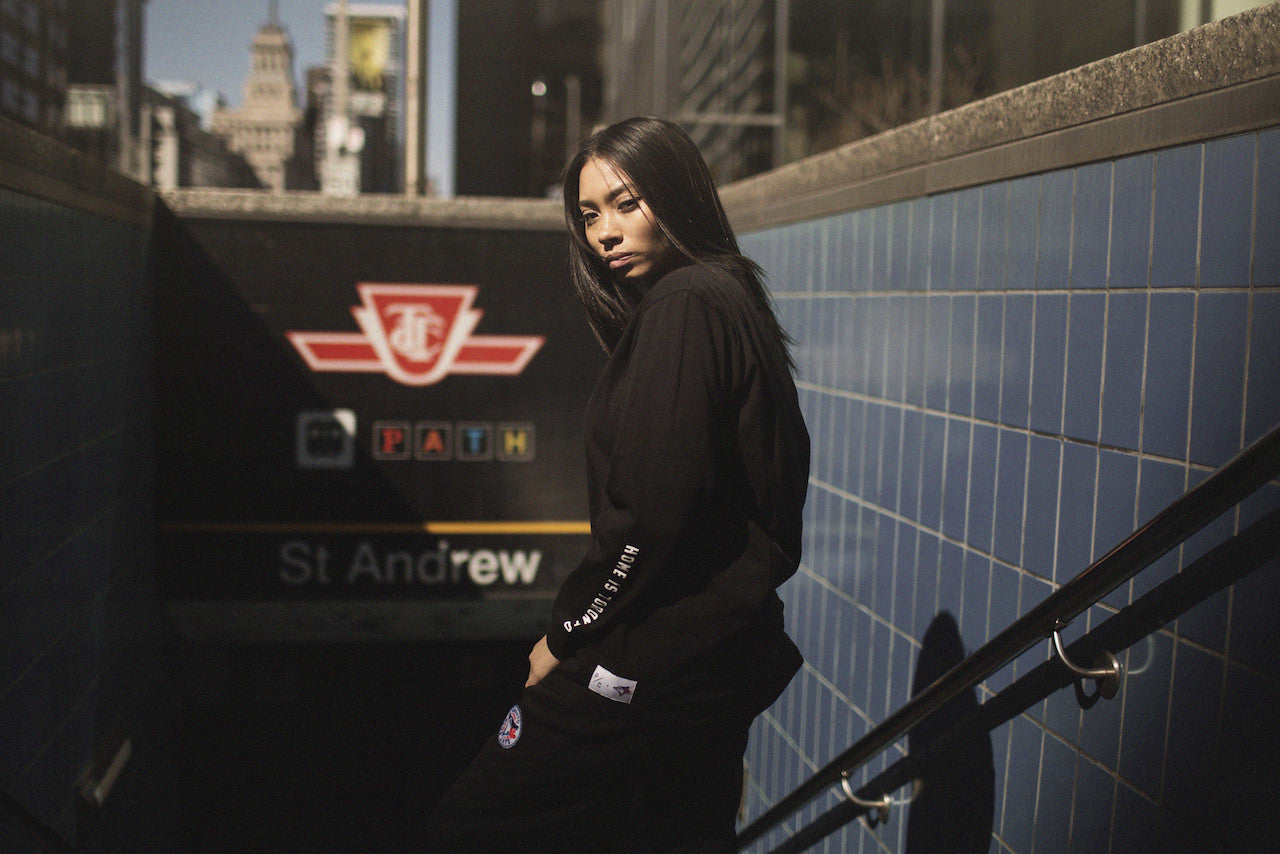Tell us about your web-series Anarkali and how you got involved and how it got started.
I met Rakhi Mutta, the writer for Anarkali, on a car ride to this feminist conference in Michigan; she was assigned to pick Rupi Kaur and myself up. Turns out Rakhi was this dope chick that is socially conscious and wanted to create. I think it was 15 minutes into the conversation she said, “You’re my Anarkali”. She said she had envisioned this character for ten years and couldn’t find the right person to play it and I said absolutely, lets do it.
What did you want to accomplish if anything in terms of connecting with other South Asian women?
As cliché as it sounds I wanted to be an actress since I was 5 but I wasn’t seeing myself represented. How do you build an identity? Growing up in a city like Brampton is so different from any other because I do see a lot of people that look like me but I don’t see it on any screen. So how do I take all of these stories that I’ve grown up with or experienced and bring them on screen. Anarkali has become a representation of that and it's why people resonate with it. It's not just South Asians that connect with her but people from all different backgrounds. Everyone dates and has issues, now it just so happens to be with a girl that’s brown. The show gives a real insight on what it's like growing up in the diaspora; struggling to bridge our two identities into one.
The brown sisterhood is real and we are here for one another. If you look at the people I work with, it's majority South Asian female artists. And, I hope that I can continue to create that space for us. I believe with any work that I do, it will always be some sort of representation of the women of my community. To tell our stories, our struggles, our heartache, our style, our humour - it's all a way to share our voices. It will always be for them. I just want to take it to the mainstream. To let the world know that we do exist and we are ready to take over.
There’s never going to be one all-encompassing role that everyone will resonate with entirely either.
That’s another issue for WOC (women of colour) because there’s a lack of representation. Then the one person that is doing it has all this pressure to now represent all an entire community and you don’t see that with white actresses like Jennifer Lawrence, for example. If we had more WOC on screen, we would have a larger range of characters to choose from and take that weight off of the few WOC actresses that are in the industry.
You did a short film for Bell, why was mental health something you wanted to tackle?
PCHS (Punjabi Community Health Services) approached us to create the film, Haneri; they are an organization that helps families with anything from mental health issues to domestic violence. Punjabi folks have a tendency to shove everything under the rug, and it's very rare for us to address taboo topics such as mental health. The stigma is surrounded by our denial. In order for us to heal, we need to start having conversations about it. It's for important to me spread awareness because I also went through depression and anxiety for majority of my life.
It was so cool to see how many people flooded our inboxes with them sharing their own stories. I think that’s the power of film; you are able to share your story and bring people together to understand they aren’t alone.
What are your views on the lack of representation of South Asian women in pop-culture?
We want people to know that we exist on a bigger scale where we can normalize and steer away from stereotypes. We’re going to write our own books, share our own stories and were going to represent it in our own way. I think it was a big wakeup call when I went to acting school because I was the only woman of colour. Even if you’re telling your own story it will translate, with Rupi writing Milk and Honey or Jasmeet with his videos, it’s their experiences but someone will always resonate with some part of it. Especially South Asian women, how do we as influencers now take that and be that voice and allow more people to have their voices heard.
How has living in Canada and Toronto impacted you?
I’ve travelled to the states, out west to Vancouver and the UK; those are all places where the biggest diaspora is for South Asians. It’s so weird because those are the places you would always envision yourself growing up. Then you start hearing that Toronto is now this place to go and you think wait what? We were the underdogs no one cared about before. Now people are paying attention to us and everyone wants to know what’s in the water of Toronto and how so many creators are here. Its just because we encourage each other and that’s something they don’t have in London, LA, or Vancouver.
It’s a blessing because I’ve been able to work with so many different amazing artists. I’m privileged enough to have that but I’m also friends with these people and you want to see your friends succeed. At the end of the day I feel like there’s this genuineness in Toronto that we actually care. Even if we don’t know them personally we want to see each other rise. We’re apart of something that is so much greater than us, the music, the videos, acting, film, everything is really growing in a really different way and I am so happy and proud to be apart of something that will literally make history.
What does chasing your passion mean to you?
Chasing your passion means being true and authentic to yourself allow the process to be organic but also have that drive and motivation. No one else is going to do this for you; you have to do it for yourself. Believing in yourself is the first step to anything else, which I know sounds cliché but I think it’s the most important thing. When you let self-doubt and fear takeover then that’s what’s going to hold you back with everything. We live a life that is so temporary there is no reason for you not to fulfil your purpose.
















































































































































































































